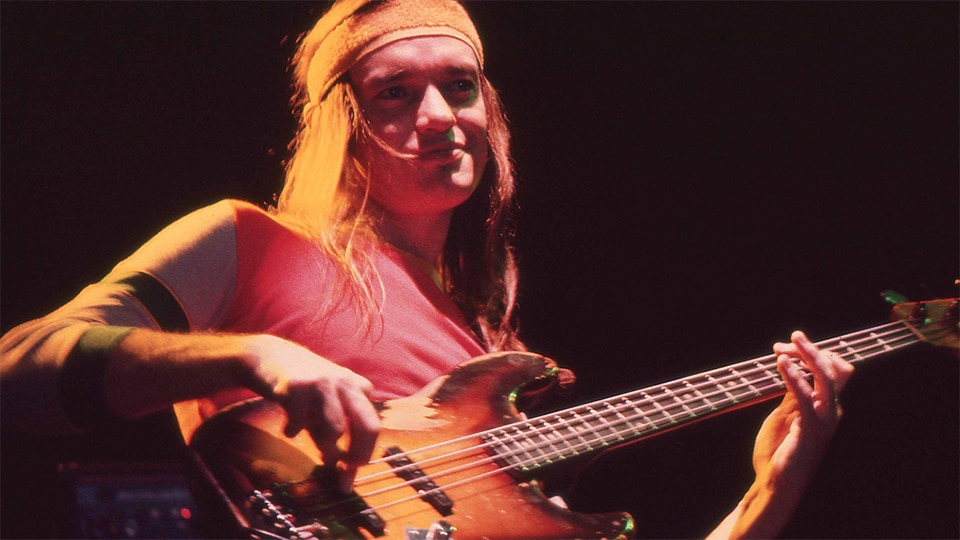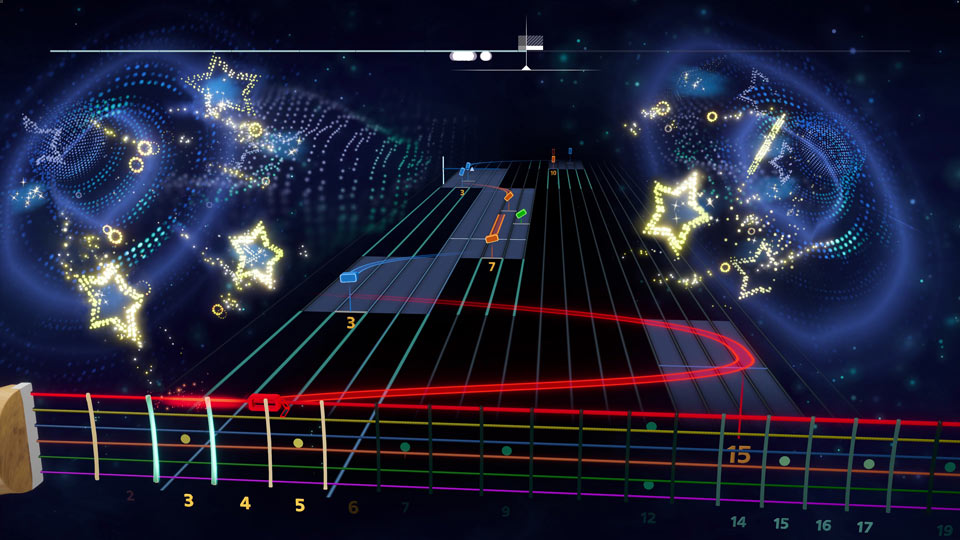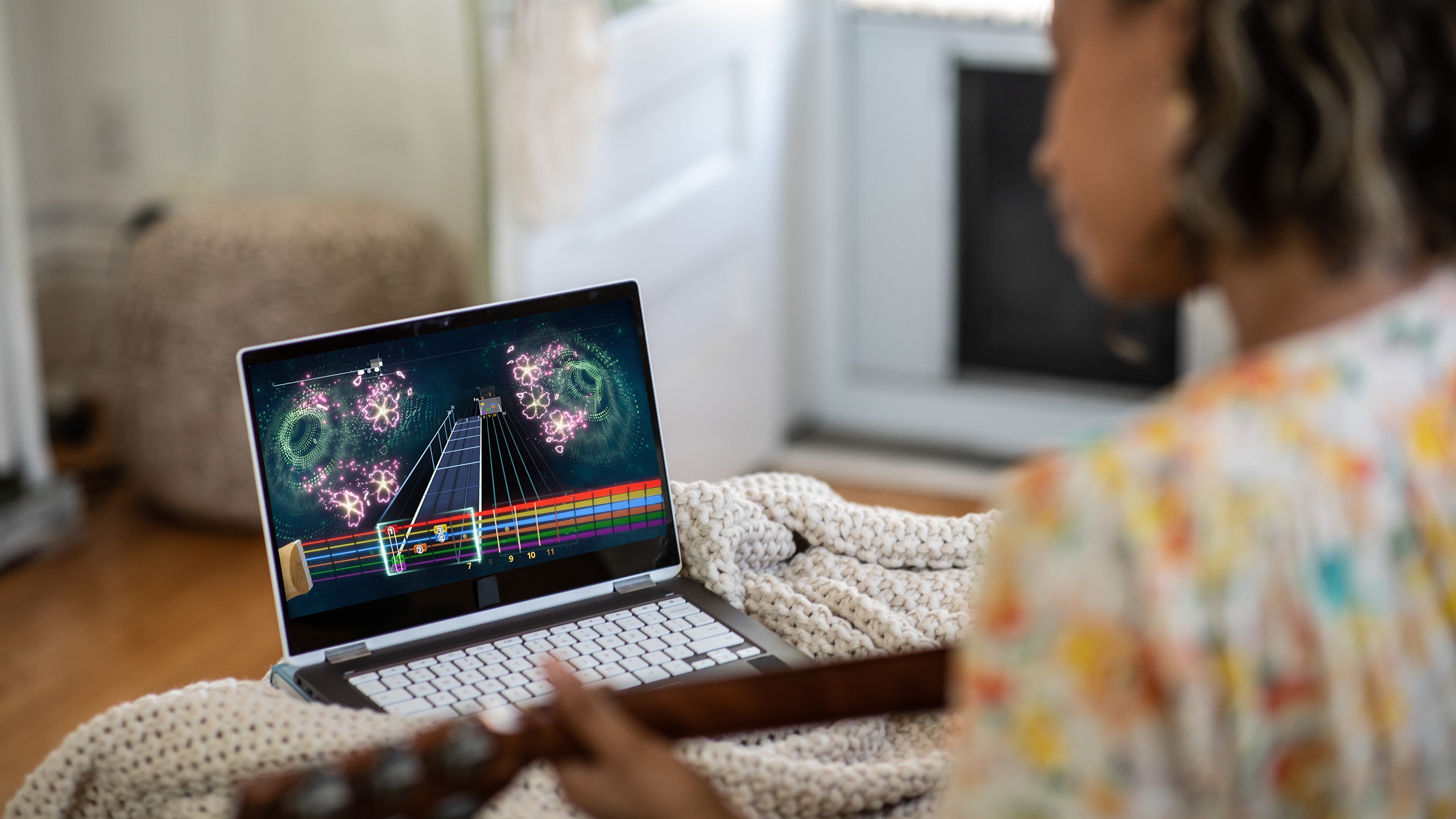By: Leila Abdul-Rauf
Who invented the fretless electric bass? Urban legend credits jazz bass master Jaco Pastorius, but whether this statement is true or not, he certainly popularized it before fretless basses were common, or even in commercially available. Jaco removed the frets of his 1962 Fender Jazz bass, then filled in the grooves and slathered the fretboard with layers of marine epoxy – the kind of tough varnish you'd find on the hull of a boat. That hard surface on what he affectionately called his "Bass of Doom" provided the necessary slickness from which his trademark melodic "singing" sound evolved.
A man who dipped his fingers in chicken grease before performing, which he considered to give his playing an extra smooth touch, Jaco took jazz bass to another level. Up until 1970, bass was mostly a background instrument, with most jazz bassists playing acoustic, upright bass, whereas Jaco played electric bass guitar, let alone a fretless one. He played it fast and loud, as a lead instrument, while singing and doing flips, often performing barefoot and shirtless.
No one knows what year the frets came off of his bass, but Jaco made his debut with the jazz supergroup Weather Report on their 1976 album Black Market, and established himself as the band's sole bassist on their next album, Heavy Weather, which included the Grammy-nominated hit, "Birdland." Often, he used artificial harmonics. This technique involves lightly touching (but not putting pressure on) a string with your fretting hand, then using another finger to play the note, thereby playing and stopping the note at the same time. The resulting sound is complex, almost bell-like. Listen to an excellent example of this technique in the intro of "Birdland" at the 0:19 mark, although you may not even recognize it as bass at first; Pastorius plays the phrase high up on the neck, making it sound more like lead guitar than bass.
"Birdland" by Weather Report
Virtuosic and never afraid to experiment, Jaco incorporated Afro-Cuban rhythms as well as R&B and funk sensibilities into his repertoire. He collaborated with an extremely diverse range of musicians, from jazz greats such as Pat Metheny, Herbie Hancock, and Wayne Shorter to mainstream artists like Joni Mitchell and Ian Hunter of classic rock band Mott the Hoople. Even Metallica bassist Robert Trujillo cited Jaco as one of his bass heroes.
Jaco Pastorius left this world far too soon at the tender age of 35, when he died of sustained injuries after a bar fight. One could only imagine the sonic depths he would have continued to explore.
AUTHOR BIO: Leila Abdul-Rauf is a multi-instrumentalist and composer based in Oakland, CA. Leila is guitarist and vocalist for metal bands Vastum, Hammers of Misfortune, and ethereal post-punk band Terebellum. She also composes and produces ambient music under her own name, with electronic trio Ionophore and synth-folk duo Fyrhtu. Leila has toured internationally and is a private guitar and voice teacher in her spare time.
"Jaco Pastorius with bass 1980" by Chris Hakkens is licensed under CC-BY-2.0.
Rocksmith+ can help you learn about gear, technique, history, and much more. Join us for the next step on your musical journey.









